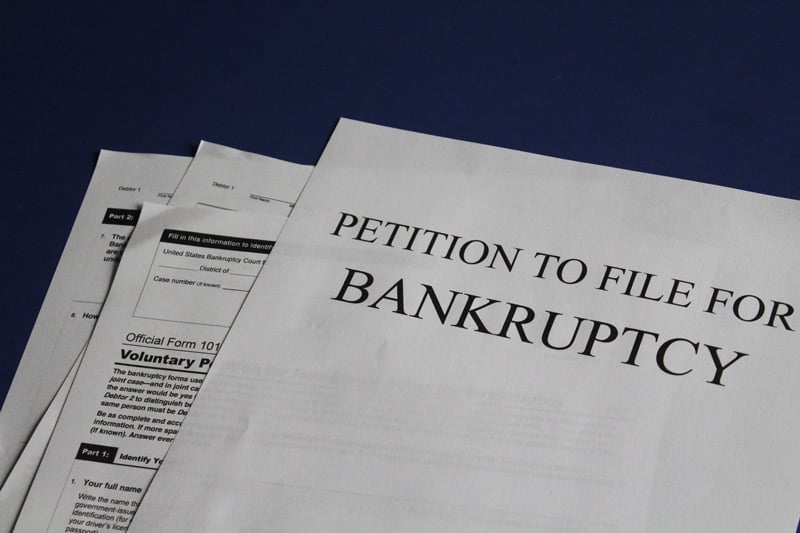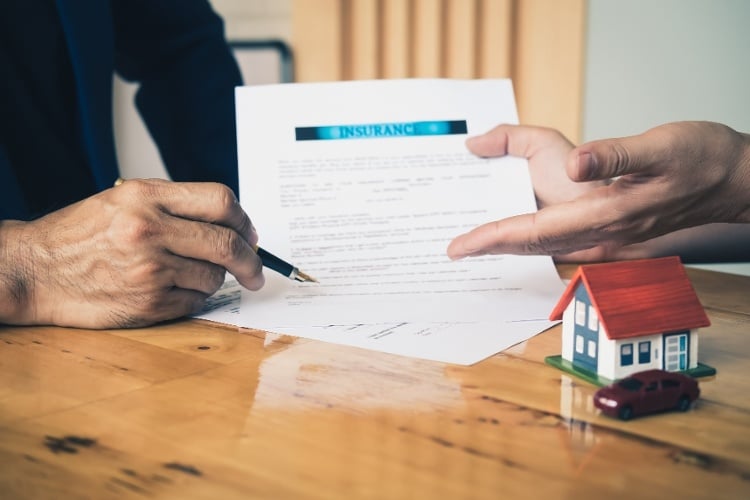-
Practice Areas
- Client Victories
-
Collaborations
-
About Us
-
Blog
-
Contact Us
The Lane Law Firm Locations
Main Office - Houston, Texas
6200 Savoy Drive, Suite 1150
Houston, TX 77036-3300
Also In:
Dallas, Texas
San Antonio, Texas
Austin, Texas
© 2025 The Lane Law Firm | All Rights Reserved | Se Habla Español (855) 650-5005




